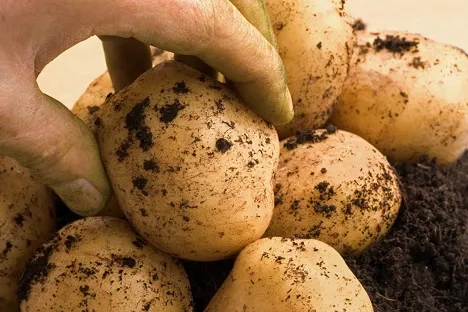As Peru marks International Potato Day, a reflection on the potato’s historical and economic significance amidst contemporary challenges.
Peru’s celebration of International Potato Day is more than just a tribute to a humble tuber; it’s a commemoration of the crop’s deep-rooted historical and economic significance. Originating from the Andean region, the potato holds a revered place in Peruvian culture and plays a pivotal role in the country’s economy. However, recent years have seen a decline in production, attributed to climatic adversities and pest infestations.
The Red de Estudios para el Desarrollo (Redes) has been vocal in highlighting these challenges, advocating for strategic agricultural improvements to safeguard Peru’s potato production. Despite a 10% reduction in 2023, with production dropping to 5.4 million tons from the previous year’s 6 million tons, Peru remains a key player in Latin America’s potato production landscape.
Climate phenomena, exacerbated by the prevalence of pests such as the Papakura worm, have emerged as primary contributors to dwindling yields. Redes reports that a significant portion, 64%, of Peru’s potato crops rely on rainfed agriculture, rendering them susceptible to the adverse effects of drought conditions. The department of Puno, in particular, has felt the brunt of these challenges, experiencing a notable decrease in production.
The repercussions extend beyond agricultural output, impacting farming families and the broader food industry economically. In response, there have been calls for enhanced farming practices, more effective pest management strategies, and the adoption of genetically enhanced seeds to bolster potato yields.
International Potato Day serves as a poignant reminder of the global significance of this crop and Peru’s indispensable role in its cultivation and preservation. As the country navigates contemporary challenges, the occasion prompts reflection on the importance of sustainable agricultural practices and collaborative efforts to safeguard Peru’s potato legacy for generations to come.






